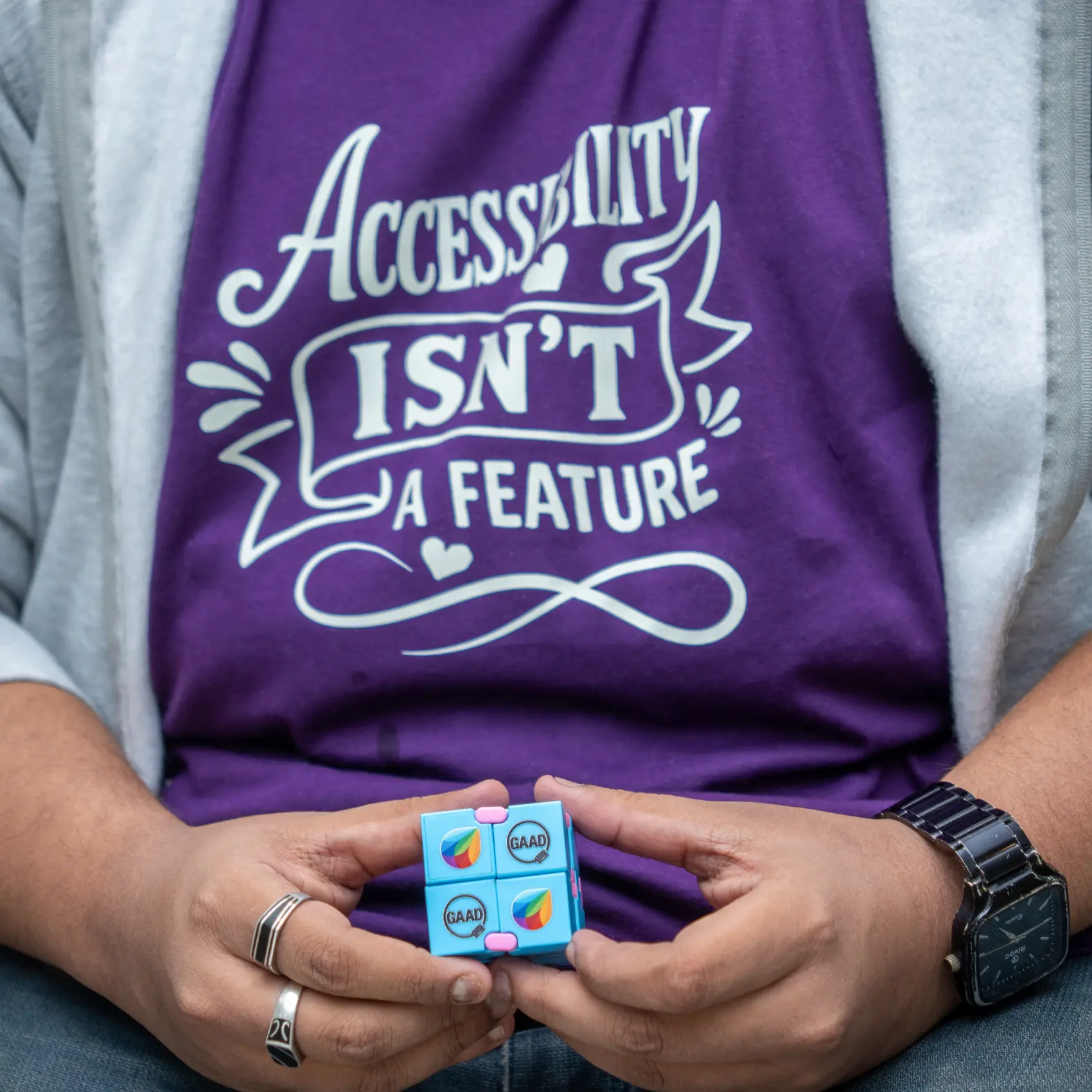Making accessibility a core development priority at Freshworks
For Global Accessibility Awareness Day, teams at the Chennai office focused on inclusive design, team empathy, and building software for everyone
Building software for everyone means everyone. For this year’s Global Accessibility Awareness Day (GAAD) celebration event at Freshworks, teams took part in product demos, tested Freshdesk and Freshservice with assistive tools, heard personal stories from leaders in accessibility, and took part in a panel on building with inclusion in mind.
“As a software company, we have a responsibility to make our products accessible from the start, not as a feature, but as a foundation,” said Freshworks CEO Dennis Woodside in an email to the Chennai office.
Globally, more than 1.3 billion people, one-sixth of the world’s population, live with some form of disability. That’s nearly 1 in 6 people. For Freshworks, a software company serving global users, that makes accessibility a core responsibility.
During a panel discussion at the Freshworks Chennai office, Arman Ali, executive director of the National Centre for Promotion of Employment of Disabled People and a disability rights activist, shared his own story of design that ignored disability.
On a flight from Mumbai to Bangalore, Ali discovered there was no aerobridge, just stairs. The ground staff offered to carry him and his wheelchair up the stairs. “I said, what about my dignity?” he told the audience. He called the airline’s leadership and insisted on a solution that didn’t compromise his independence.
Hands-on empathy
To ensure Freshworks keeps such design issues top of mind, the GAAD 2025 event started with experience zones across the Chennai, Bangalore, and Hyderabad offices. Partner NGOs set up stations with tools like screen readers, tactile science books, Braille tablets, and apps like Be My Eyes. There were also quizzes and demos. Some teams tried assistive tech for the first time. The experience zones provided hands-on moments of empathy where employees learned about accessibility and felt what it means to be excluded by design.
Kedar Shiroor, SVP of product design and user experience, talked about visiting Dialog in the Dark, an immersive, awareness-raising experience where visitors navigate through a completely dark environment led by visually impaired guides. That visit shifted how he thought about product design.
“It made me realize how we take accessibility for granted,” Shiroor said. “Designing for edge cases is actually designing for everyone.” Shiroor challenged teams to treat accessibility as a first principle and not a feature.
This work isn’t limited to a single day.
“We’ve made our design system accessible by default, so every product team starts on an inclusive footing,” Woodside added in his note. “There’s more to do, but building software that truly works for everyone is one more way we’re uncomplicating how the world works.”
